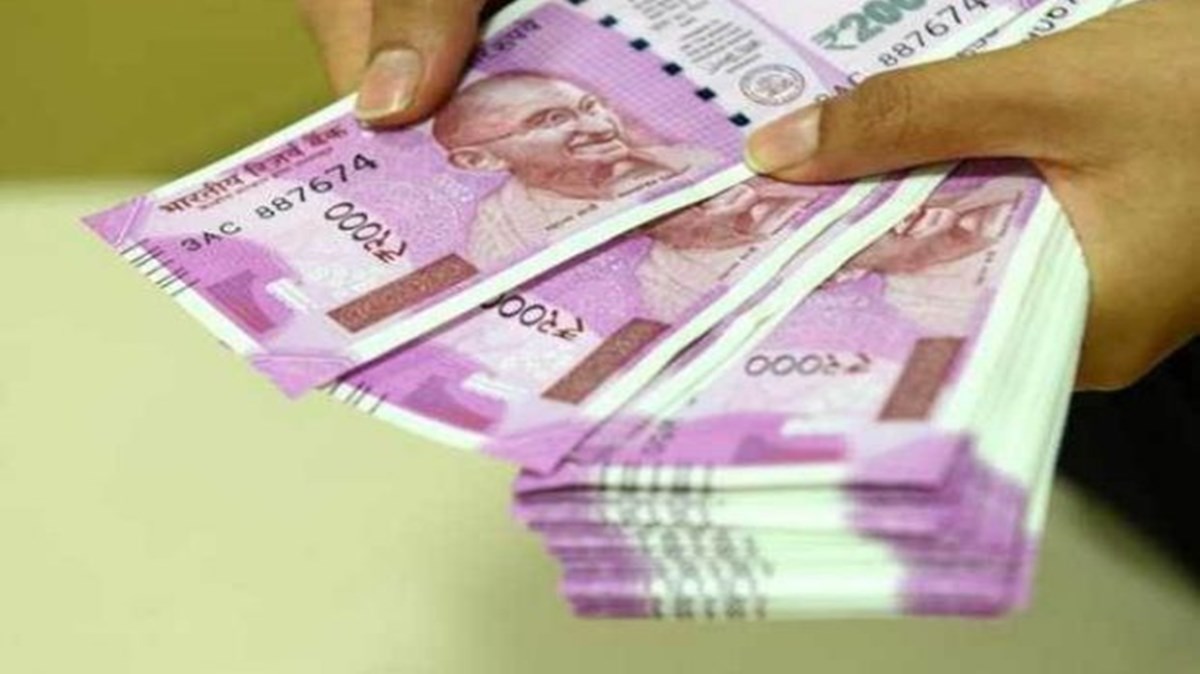12 Aug , 2022 By : Monika Singh

Finance minister Nirmala Sitharaman on Thursday called for a ‘genuine debate’ on the raging issue of ‘freebies’ being resorted to by political parties and governments.
The contentious issue gathered traction after Prime Minister Narendra Modi last month cautioned people against the ‘revari culture’ under which votes are sought by pledging freebies. This was followed by the Supreme Court expressing concerns over the ‘the culture of freebies ahead of elections’.
In recent years, the Aam Aadmi Party (AAP), has especially been accused by its opponents of promising freebies to draw votes, a charge that the party denies. On Thursday, Delhi chief minister and AAP chief Arvind Kejriwal wondered as to why the Centre was opposed to free education, healthcare, medicine, etc. to the poor.
Rejecting his claims, Sitharaman said: “No Indian government has ever called (spending on) health and education ‘freebies’.”
“So by classifying (spending on) education and health as freebies, Kejriwal has given a perverse twist to the debate on freebies,” the finance minister said speaking to a group of journalists.
On August 3, the apex court had advised the Union government to form a composite expert committee to examine the pros and cons of freebies given out by governments and ways to curb irrational electoral promises that cost the exchequer dear. The committee may deliberate on the issue and come out with a report, it said. The panel may include Niti Aayog, RBI, EC, Finance Commission, ruling and opposition parties and other stakeholders, the SC had said.
However, the Election Commission of India has expressed its inability to be part of any such committee, saying it would not be ‘appropriate’ for the constitutional authority to be part of the panel as it will ‘disturb the level-playing field’.
In a recent article in The Indian Express, NK Singh, who chaired the 15th Finance Commission wrote: “The political dialogue built around freebies is fraught with danger.” Stating that there was a need to distinguish between the concept of merit goods and public goods on which expenditure outlays have overall benefits, he said expenditure on strengthening and deepening of the public distribution system, employment guarantee schemes, support to education and enhanced outlays for health etc. could be considered desirable.
“Therefore, it’s not about how cheap the freebies are but how expensive they are for the economy, life quality and social cohesion in the long run. We must dread the thought of replicating the culture of competitive freebie politics,” he wrote.
The AAP-ruled Punjab government has announced freebies including free electricity to each household, which might cost around `17,000 crore/annum or 3% of the state’s GDP. This is despite the fact that Punjab’s debt-to-GDP ratio is among the highest in the country and a sizeable chunk of its revenues goes towards interest payments.
Separately, a finance ministry source said, “There is no justification for political parties offering freebies that the government’s exchequer cannot afford and will eventually lead to bankruptcy of the state.”
The ministry’s opposition to the freebie culture stems from the fact that when parties promise free electricity, water or other freebies, they are merely borrowing from future generations to reward present ones, said the source. Moreover, when the Centre is raising the quality of spending by resorting to higher capital expenditure (which has a high multiplier-effect) by keeping a lid on revenue expenditure, some states are doing the opposite.
0 Comment